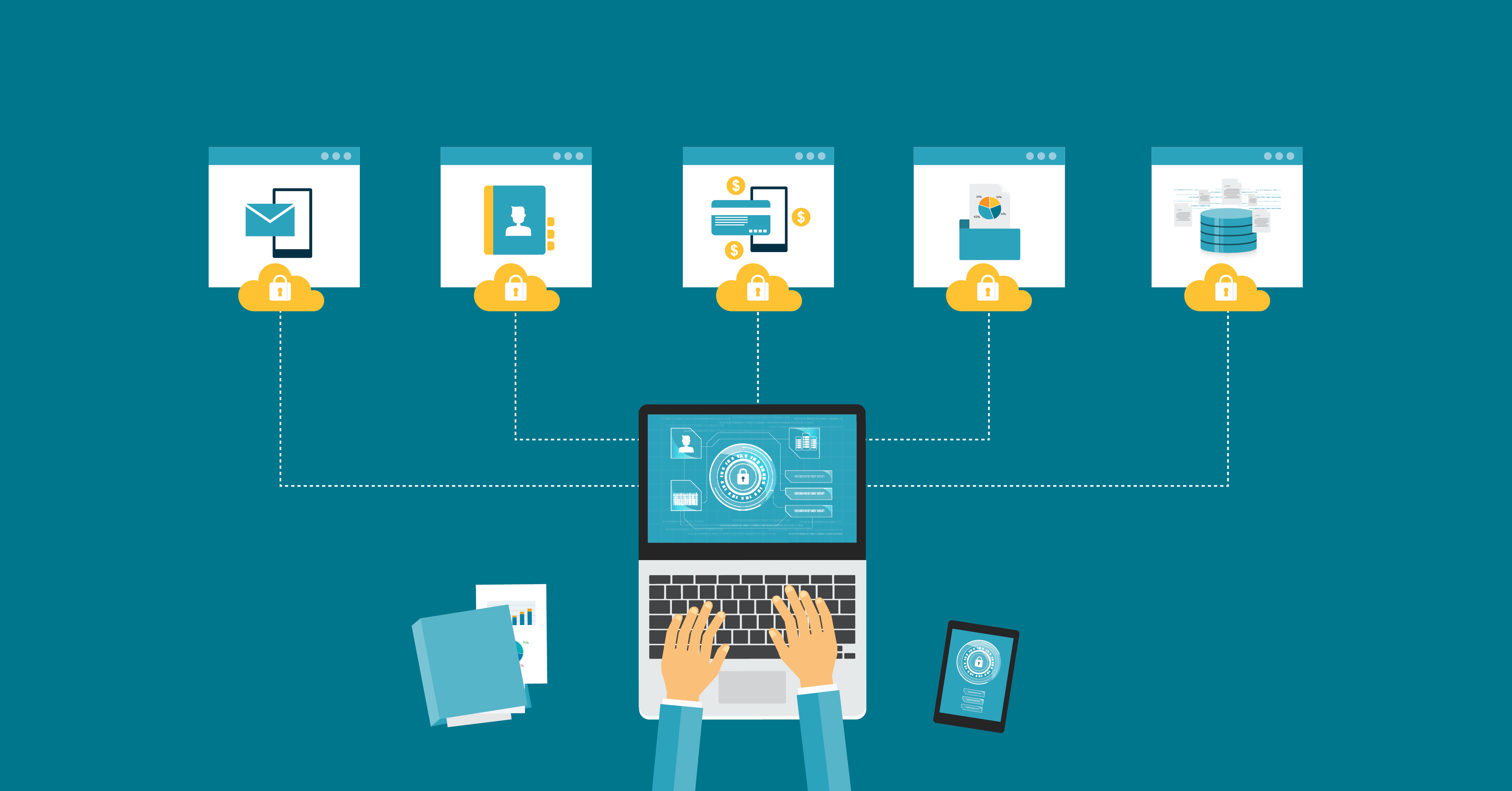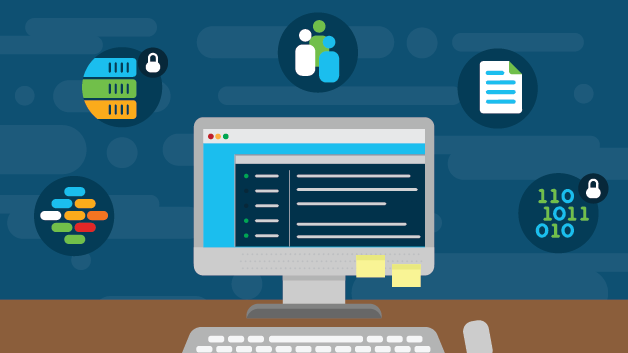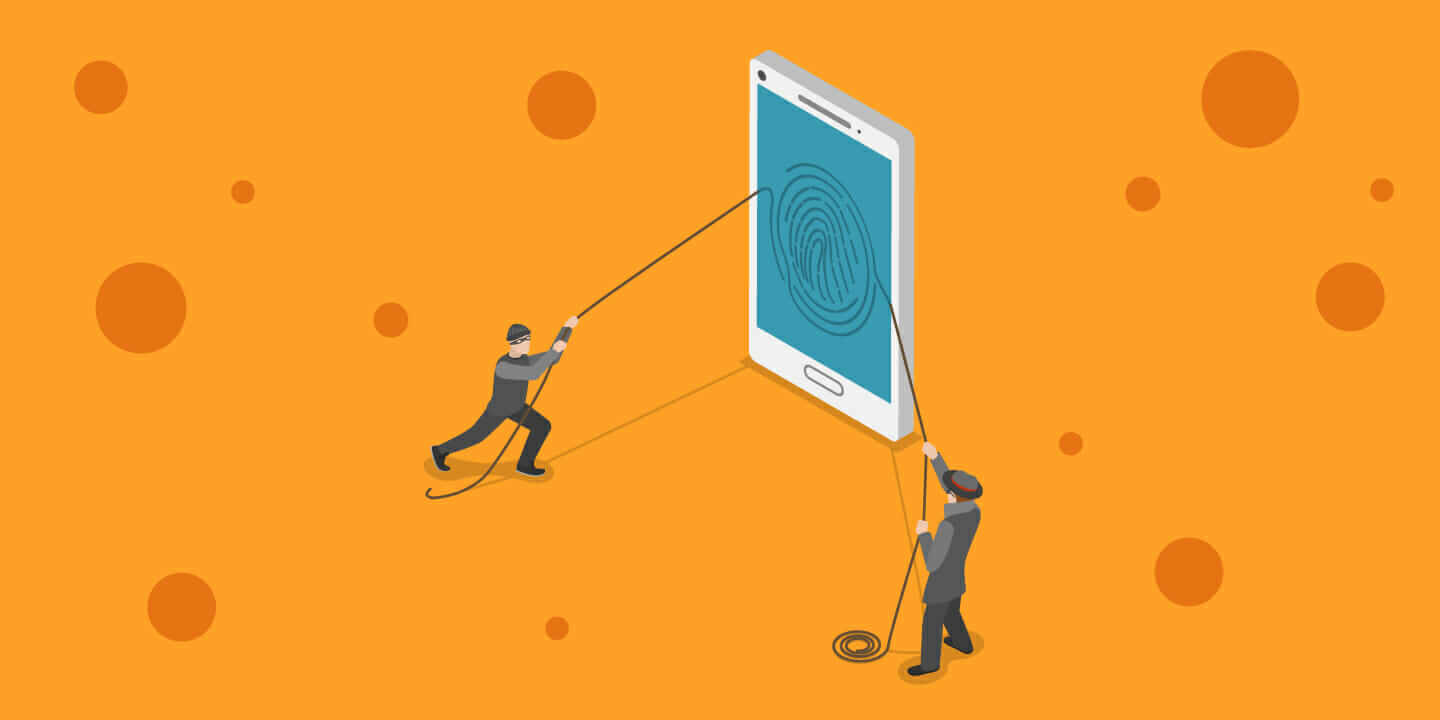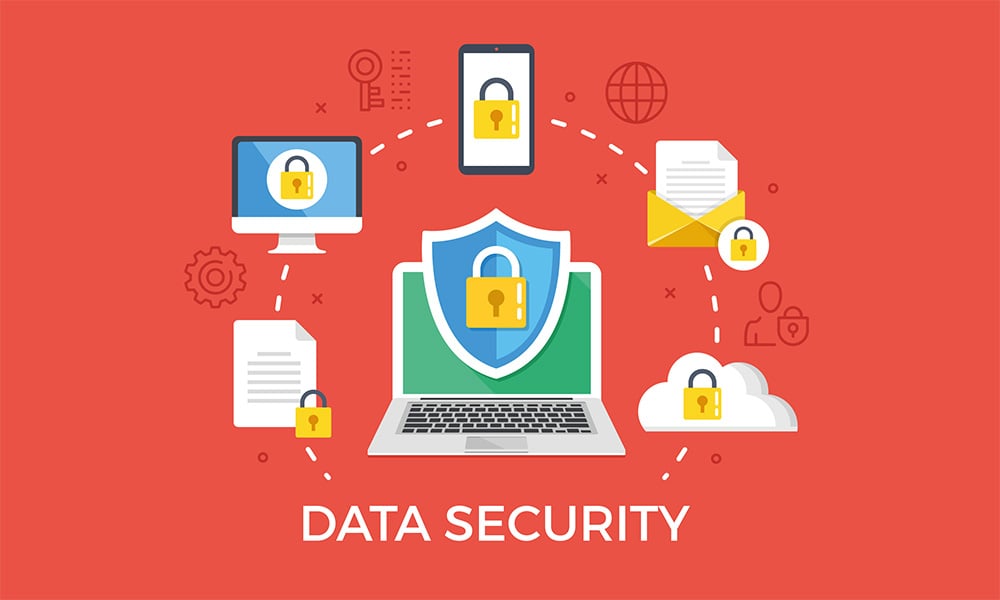Businesses of all sizes are under constant threat from cybercriminals and malicious software, with even some of the world's largest and apparently impenetrable organizations making headlines in recent years after falling victims to cyberattacks.
Although the risk is generally lower for smaller companies, since they don't tend to be primary targets for hackers, it is still essential to take every precaution to make sure that you, your employees and your customers are kept safe. If you're not doing all of the following to protect your business from online threats, you could be leaving yourself open to disaster.
1. Encrypt Your Data
Encrypting your data can greatly reduce its vulnerability to data thieves and hackers. By using data encryption alongside other security measures, your data should be kept safe even in the event that it does end up in the wrong hands. If a hacker gains access to your data storage resources, they will usually be unable to break into an encrypted file.
Data encryption is crucial for protecting any data kept on cloud storage services, hiding your operating systems and programmes from prying eyes and keeping your business emails secure. Encryption services are available for any device that handles digital information, including your Internet connection itself.

2. Educate Your Employees
The very fact that many of your business's IT resources will be accessible to a large number of people in itself presents a security problem. For this reason, it is of utmost importance to educate your employees on data security and safe Web surfing to make sure that they are aware of the risks.
By making your employees a part of your data security solution, you'll be able to redouble your efforts in keeping your business safe from online threats. Particularly if your business is heavily reliant on Web-based resources and IT in general, you may even want to invest in a security awareness training course for your staff.
3. Stay Updated
When you have a large network to look after, keeping all of your operating systems and other software up-to-date can seem like a daunting task, but it is critical for the safety of your IT resources. You should always make sure that your software resources are configured to download and install all security-related updates automatically.
Other updates are optional, although they are usually recommended for improved performance and reliability. Microsoft, for example, releases dozens of security updates every month for Windows to address potential security holes as soon as they become known.
4. Lock Your Wireless Network
Wi-Fi might offer convenience, but it is not secure unless you take additional steps to lock it down and restrict access. Since data is transmitted in radio waves, anyone connected to the network and using the right tools will be able to intercept it. Most importantly, you'll want to enable WPA2 protection, since this is more secure than the older WEP and WPA protocols. For best results, use a router that provides enterprise-level WPA2 security, and make sure that the connection is hidden from the general public. If you need to provide Wi-Fi to guests or customers, you should always provide a separate connection using its own network and hardware.
5. Use Anti-malware Protection
While free antivirus protection, such as that provided with Microsoft Windows, might be adequate for the average home user, it rarely offers enough protection for business computers which are often used by a large number of individuals.
Most of the major anti-malware developers provide solutions designed specifically for the corporate environment. These software suites serve to detect and remove malicious software and other potential threats the moment they appear, before they have a chance to damage your systems. Many business broadband packages provide additional security software and services.
6. Limit User Accounts
There is rarely any reason to provide your employees with full administrative access to your IT resources. Providing your employees with their own user accounts with standard access rights prevents them from modifying system files, accessing administrative resources or installing drivers and programs that might modify system settings.
Professional and Enterprise editions of Windows also come with the powerful Group Policy Editor providing additional controls for business users. This tool allows administrators to fully control user account security across all networked computers through a centralized console.
7. Monitor Online Activities
To ensure that your employees are using your company's IT resources responsibly, you should monitor their online activities. Employee monitoring solutions may be as simple as tracking websites visited to something as exhaustive as recording every keystroke and automatically sending the logs to a centralized, Web-based console. However, for the sake of your employees' privacy, it is important not to go too far, and you should always make any such monitoring software known to your team. After all, no one likes being spied on, especially when their employers are trying to hide it from them. Alternatively, you can use software that simply blocks inappropriate websites and other online resources, and in most cases, this should be enough.

8. Enforce a Security Policy
By enforcing a strict security policy, you'll be able to set boundaries on employee access and use of your IT resources, define what you consider to be acceptable behaviour and educate your team on how to deal with potential security threats. Your Internet security policy should typically impose a ban on sharing and downloading non-work-related files and visiting inappropriate websites. Your security policy should also outline the required practices for things like user account and email management. It also presents a chance to let your employees know about any online monitoring practices that you use.
9. Use a Firewall
A firewall is a critical security component for any network, and while the one included in all editions of Windows is adequate for home users, business users may want something more secure and feature-rich. Firewalls may come in the form of software or hardware, and they exist to provide a layer of security to control traffic and prevent unauthorized access to the network. Broadband routers designed for businesses often feature an embedded firewall. Other options include software- or hardware-based firewalls designed for businesses with networks of varying sizes. Additionally, speciality firewalls exist for more demanding security applications.
10. Secure Your Mobile Devices
Due to their portable nature, mobile devices, including laptops, tablets and smartphones, are at a much higher risk of getting lost or stolen. On the other hand, such devices are critical to many modern businesses. When securing any business mobile devices that your employees use, you'll need to think about identity and access, data encryption and application security. Make sure you enforce a strict password policy and have a contingency plan in place in the event that any such devices go missing. If you have a BYOD (Bring Your Own Device) policy, you may want to consider changing it to have more control over your business's data security.
It may seem like a lot of extra work and money spent, but keeping your business safe from the constant stream of online threats is critical to its success. By securing your data and using suitable hardware, software and online services, your business, its employees and your customers will be all the better off for it.





